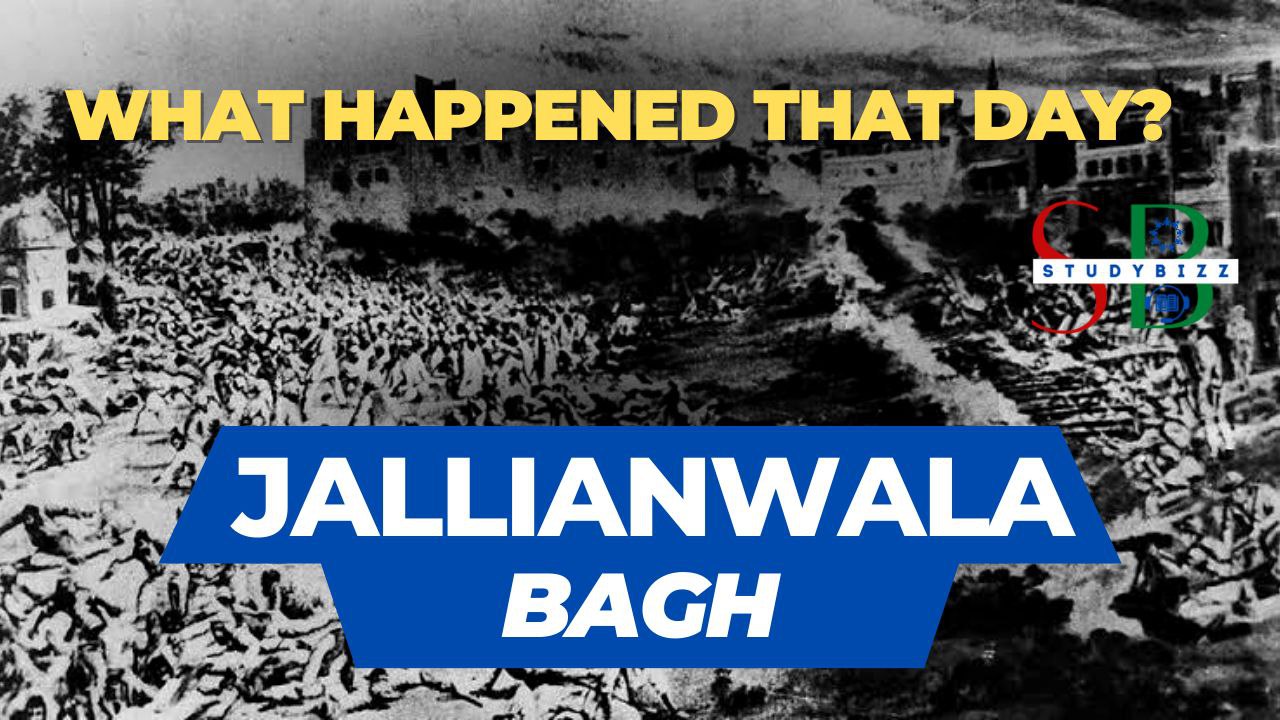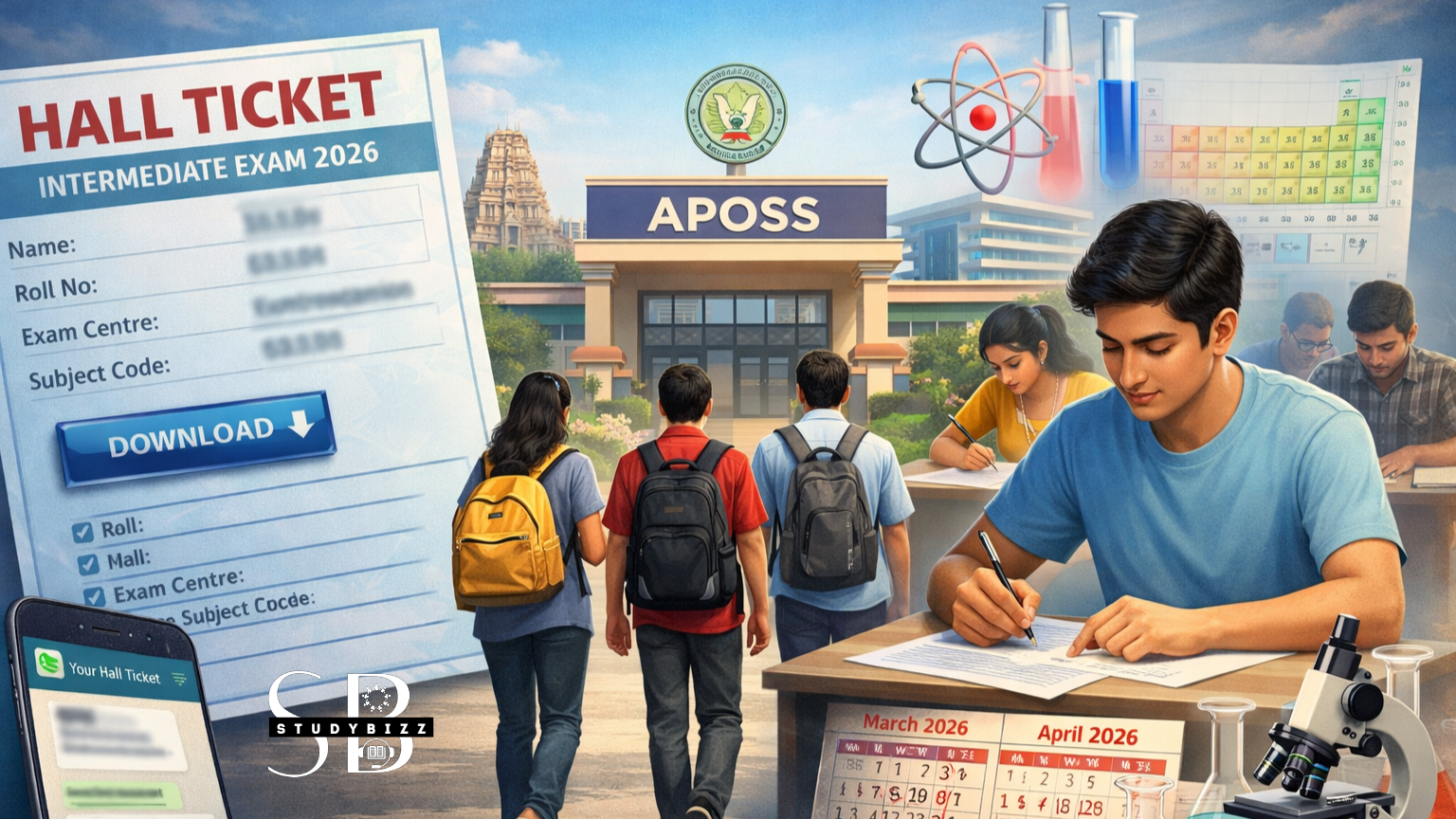Introduction
The Jallianwala Bagh Massacre, also known as the Amritsar Massacre, was a tragic event that took place on April 13, 1919, in the city of Amritsar in the Punjab region of India. It was a brutal attack by British troops on a crowd of unarmed Indian civilians who had gathered in Jallianwala Bagh, a public park, to participate in a peaceful protest against the British colonial government.
The massacre was a turning point in India’s struggle for independence from British rule and is considered one of the darkest moments in Indian history. It sparked widespread outrage and led to increased support for the Indian independence movement, which ultimately succeeded in gaining independence from British colonial rule in 1947.
The Jallianwala Bagh Massacre was carried out by troops under the command of Brigadier-General Reginald Dyer, who ordered his soldiers to open fire on the peaceful gathering. The exact number of casualties is unknown, but it is estimated that around 400 people were killed and over 1,000 were injured.
How did the Massacre progressed on 13 April 1919
On April 13, 1919, a large crowd of unarmed Indian civilians had gathered at Jallianwala Bagh, a public park in Amritsar, Punjab, to participate in a peaceful protest against the British colonial government. The protesters were primarily Punjabi Hindus, Sikhs, and Muslims who had come together to express their opposition to the Rowlatt Act, a law that had been recently passed by the British government that severely curtailed civil liberties in India.
As the crowd gathered in the enclosed garden, Brigadier-General Reginald Dyer arrived with a group of soldiers from the British Indian Army. Dyer had previously declared martial law in the city, which prohibited public gatherings and gave the military broad powers to suppress dissent.
Dyer did not attempt to disperse the crowd or issue any warnings. Instead, he ordered his troops to open fire on the unarmed civilians without warning. The soldiers fired into the crowd for around ten minutes, until they ran out of ammunition. Many people were killed instantly, while others were injured and left to die in the garden.
The exact number of casualties is disputed, but it is estimated that around 400 people were killed and over 1,000 were injured in the massacre. The victims included men, women, and children who had gathered in the garden to peacefully protest against the British colonial government.
Consequences after Jaliyanwala bagh Incident
After the massacre, the British colonial government attempted to downplay the severity of the incident and minimize its impact. However, news of the massacre quickly spread throughout India and the rest of the world, sparking widespread outrage and protests against British colonial rule.
The Jallianwala Bagh Massacre was widely condemned both in India and around the world. It had a profound impact on the Indian independence movement, which continued to grow and gain momentum in the years that followed. The incident is remembered as a tragic and brutal event in India’s struggle
The Jallianwala Bagh massacre was a turning point in the Indian independence movement, as it marked a significant increase in public opposition to British rule. The massacre was a major factor in the growing support for Mohandas Gandhi’s nonviolent resistance campaign, which he had launched in response to the Rowlatt Act. The massacre also led to increased international attention on the Indian independence movement, drawing global attention to the cause of Indian independence.
The aftermath of the massacre was characterized by intense political and social upheaval, with widespread protests and civil disobedience against British rule. The Indian National Congress, which was the leading political organization in India at the time, issued a resolution condemning the massacre and calling for independence from British rule.
The Jallianwala Bagh massacre remains a symbol of British colonial oppression in India and is widely remembered as a turning point in the Indian independence movement. It is considered one of the most tragic events in modern Indian history and is remembered as a reminder of the sacrifices and struggles of those who fought for independence and civil liberties.
In conclusion, the Jallianwala Bagh massacre was a tragic and significant event in the Indian independence movement. It marked a turning point in the struggle for independence from British rule and sparked widespread opposition to colonial rule in India. The massacre remains a symbol of British colonial oppression and is widely remembered as a reminder of the sacrifices and struggles of those who fought for independence and civil liberties.





Leave a Reply